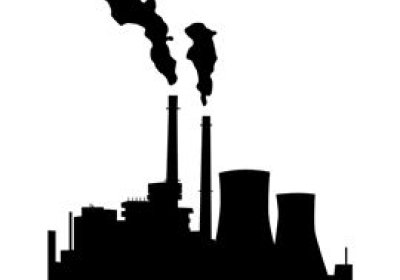A WaterNSW submission to the ongoing Independent Expert Panel into Mining in Sydney’s Catchment has highlighted the destructive impact coal mining is having on the Sydney Water Catchment Area.
It called for curbs on two big coal mines in Sydney's catchment, saying millions of litres of water are being lost daily and environmental impacts are likely breaching approval conditions.











